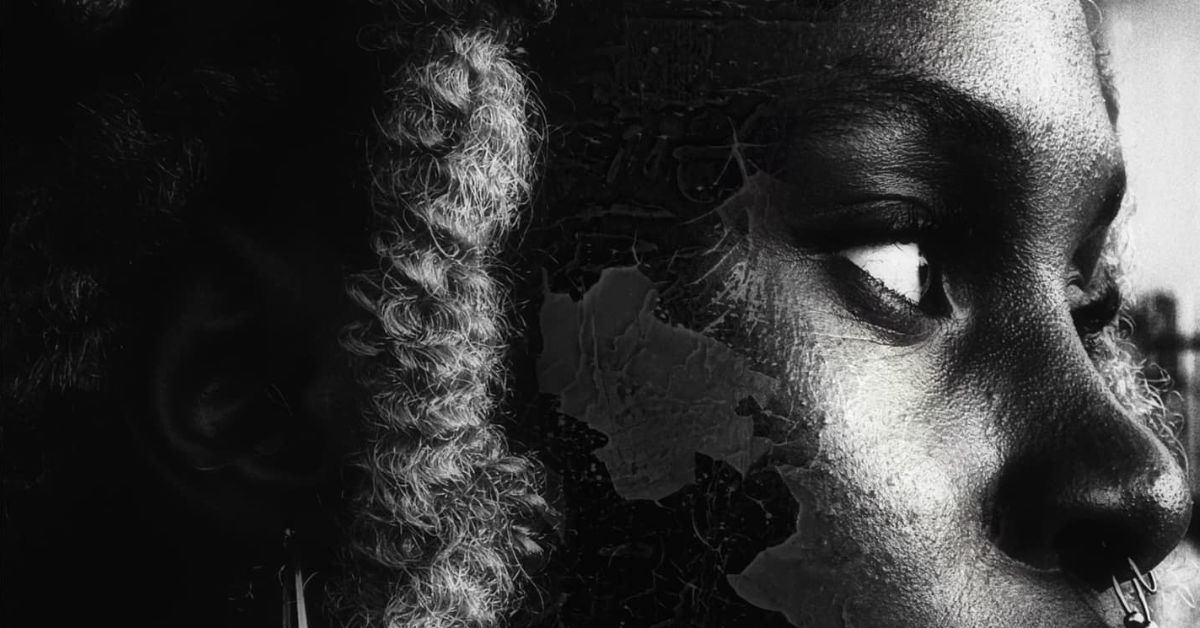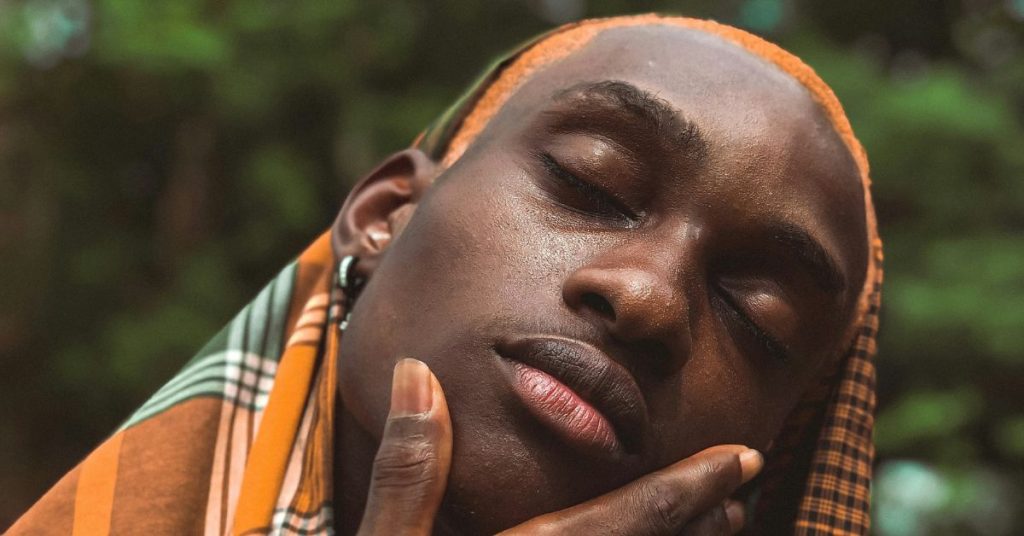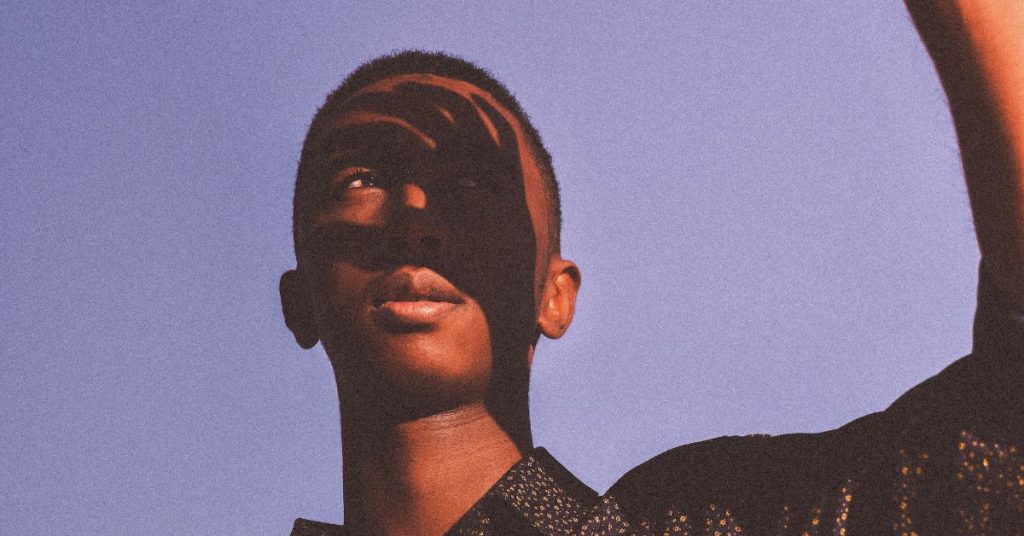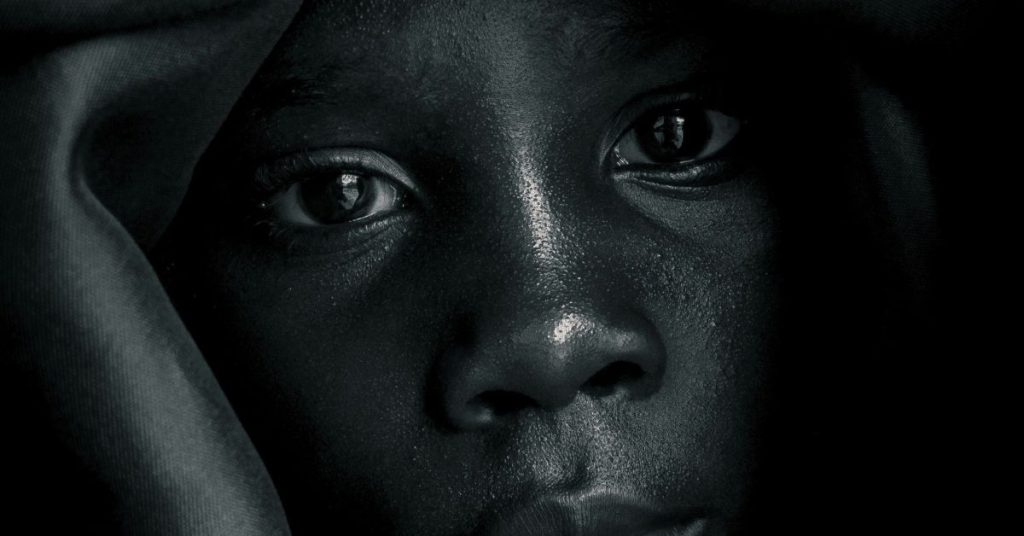Cover Image: Faith NK
Suicide isn’t always a rope or a bottle of pills. It isn’t always blood or sirens or frantic phone calls. Sometimes, it’s crossing the street without looking both ways, driving too fast on purpose. Laughing when you should be crying. Sometimes, it’s forgetting to eat, then pretending you just weren’t hungry.
It started subtly. I stopped caring about small things—brushing my hair, folding the laundry, responding to messages. Then, I stopped eating on time. I skipped breakfast. Then lunch. Eventually, I’d just go to bed feeling hollow. I’d say I was fasting or cutting back. But really, I was waiting to disappear. Quietly. Without fuss.
It was loving the darkness more than the light. Refusing to change my bulb when it died. Walking inside the rain to hide my tears.
For me, it was showering with the water turned up too high. Letting the heat sting until my skin turned red and raw. I told myself I just liked it hot. But the truth is, I was trying to see how much I could take. How long could I stand in it? How much of me could I scrub away?
It became a ritual — one of those small, silent things that don’t look like harm, but is. I’d crank the heat as high as it would go. The water would hit me like needles, stinging, burning, until it felt like my skin might peel off. My pores would open, and sweat would mingle with the water. I’d scrub and scrub with the roughest sponge I had. Red raw. Scraping away at something I couldn’t see. I told myself I was cleansing. I told myself I was healing.
But I was trying to hurt. Trying to punish. Trying to feel something sharp enough to distract me from everything else.
I stopped trying. I dabbled in small, quiet acts of self-destruction—not with fireworks, but with erasure. I let myself rot at the edges. I stopped doing the things I loved. I left messages on read. I let dust gather in places that used to feel sacred — my journals, my shelves, my paintings, my bible. I convinced myself that none of it mattered.
And after a while, I stayed there.
Sometimes I’d cry in there, hard, with the steam choking the air. I let my tears mix with the water, and it was the only time I felt honest, alone, burning, falling apart with no one watching. The noise of the water masked everything. It felt safe to break there. No one could hear.
I used to hold my breath until my chest burned, until my vision blurred a little. Not to die, not really—more to see what it felt like to push my body to the edge. What would give up first? Would my fingers tingle? Would my chest cave in? Sometimes, I misused knives in the kitchen. Just slightly careless on my wrist, enough to draw blood by “accident.” Enough to feel the sharpness, to remind myself I was still here, even though I didn’t want to be.
There were nights I walked barefoot on broken ground, on gravel, on thorns. I imagined a rusty nail puncturing my foot, finding an artery, and ending things quietly. I wasn’t reckless because I
wanted to die. I was reckless because I didn’t care if I lived. I used to chant a mantra when things got bad. A small lifeline I’d repeat in my head when I felt myself slipping, ‘I am enough’, ‘this too shall pass’, ‘breathe! Breathe!! Breathe!!!, ‘One more hour, one more day. ’
One night, I just… didn’t. I didn’t pull it out. I just stood in front of the mirror, staring at my own face until the edges blurred. My reflection looked like a stranger wearing my skin. The weight of my own eyes on me made my stomach turn. I watched my lips tremble, my chest rise and fall too quickly, my hands gripping the sink like I was trying to hold myself together. The silence in the room pressed in on me until the only sound left was the shallow hitching of my breath. I let the tears fall freely, not bothering to wipe them away this time
This wasn’t some dramatic climax. There was no epiphany. Just a slow awareness that I wasn’t living anymore—I was fading. I hadn’t tried to kill myself in obvious ways. I didn’t need to. I was doing it daily in the quietest forms I could manage.
I stopped caring about the things that once made me feel alive. I let go of hobbies. I withdrew from people I loved. I let messages go unanswered. I cancelled plans and said, “Next time,” knowing there wouldn’t be one. I stopped showing up for myself.
I didn’t want to die. I just didn’t want to live like this.
I kept thinking, I’m growing old.
I see it in the mirror—the faint lines forming like quiet reminders that time has touched me. The edges of my face have softened, and there’s a tiredness in my eyes that no amount of sleep ever seems to erase. I scroll through photos from years ago and feel like I’m looking at a stranger—someone who smiled wider, stood taller, laughed without second-guessing if it sounded forced. That person had dreams they believed in. That person didn’t flinch at their own reflection.
The world outside keeps changing. People move on, build lives, carry on with a kind of urgency I’ve never been able to match. I sit in crowded rooms, or in front of glowing screens, and feel like I’m watching through a pane of glass—close enough to see the warmth of it all, but never able to feel it. I laugh when I’m supposed to. I nod at the right times. I’m present, but I’m not here.
And no one has ever truly known me.
Not really. People know the surface. The curated version. The polite version. The version that says, “I’m fine” with a practised ease.
But they don’t know how loud the silence gets when I’m alone. They don’t know how I rehearse what I might say if someone actually asked me, “Are you okay?” and meant it.
All my life, I’ve longed to be known. Not admired. Not tolerated. But known — like someone could look into the hollow of me and still want to stay. Known in a way that doesn’t require translation. But the truth is, I’ve spent so long hiding the broken parts that I have even forgotten where some of them are buried.
Now, the years slip past like water through open fingers — fast, effortless, impossible to hold onto. I blink, and a season has passed. I try to remember what I did last year, or the one before that, and I come up blank. Everything blends into everything else. The days loop, quiet and uneventful. They blur like rain on glass.
I ask myself, have I made the most of life? But then, I wonder—what does “most” even mean? Is it joy? Is it for a purpose? Is it survival?
Because if it’s survival, then yes—I’ve survived. Barely. Quietly. Without making a fuss. I’ve learned how to fold pain into silence. How to sit across from people and not flinch when they say, “You seem better.” They mean it as comfort, but it lands like guilt.
I spent half my life trying to be stable, chasing normalcy like it was a finish line. I wanted to be calm. Safe. I tried routines. I drank enough water. I made to-do lists. I read self-help books. I looked for softness in religion, therapy, and even strangers. But instead of finding stability, I found numbness. A thick, grey numbness that settled into my bones. And the more I tried to escape it, the deeper I sank.
I’ve killed myself in quiet ways.
Not with blades or bottles, but in the slow withdrawal from the world.
In the way I stopped singing in the shower.
In the way I haven’t danced in my kitchen in years.
In the way I hear my favorite song and feel nothing.
I let go of everything I once cared about — not in anger, but in exhaustion.
Caring felt too heavy. Hope felt like betrayal.
I committed suicide in silence—not the kind anyone recognises.
No sirens. No notes. No public grief.
Just a slow unravelling in the dark.
A quiet extinguishing of light—one breath at a time.
My “coming out” was not about desire or identity. It was about naming a suffering that had become so familiar I mistook it for my personality.
I came out the day I stopped saying “I’m fine” and instead whispered, “I’m not okay” to someone who mattered.
I came out every time I let someone witness the series of wreckage: the untouched food, the unopened mail, the unread texts that piled up like debris from a life I had stopped participating in.
The silence I broke was not one society imposed on me — it was one I wove tightly around myself. I convinced myself that if I stayed quiet, my pain would remain small. Manageable. Invisible. But silence doesn’t make pain disappear; it makes it grow teeth.
The mask I shed was the persona of competence — of being the person who always held it together. The friend who gave advice but never asked for help. The daughter who never faltered.
And in breaking that silence, I found something like a home. Not in grand epiphanies, but in the ordinary:
In text threads that said, “You can call me anytime.”
In therapy rooms where I didn’t have to pretend.
In moments when someone saw the vacancy in my eyes and didn’t look away.
Stepping into my truth wasn’t graceful. It was jagged. It was terrifying. But it was necessary. Because survival, for me, was not just staying alive. It was learning to be seen, fully — even in my brokenness.
People think suicide is one moment. But for me, it is a thousand small moments. A thousand silent choices. A thousand sighs that no one heard. It wasn’t a decision. It was a pattern. An erosion. A forgetting. No one heard it. No one saw.
Just me, alone, with a heart that had long since stopped beating for itself. Suicide isn’t always loud.
No one noticed. That’s the thing about quiet suicide; it’s not loud enough to draw attention. You keep showing up. You still laugh at the right times. You make your deadlines. You say “I’m tired”. You smile, but it never reaches your eyes. You become a master at pretending.
It’s not always a sudden, violent thing.
Sometimes it’s slow. Soft. A gradual fading.
Sometimes it’s the decision not to decide.
To just… stop showing up for your own life.
It’s the things you don’t say when someone asks how you are.
It’s the way your smile falls too quickly.
The way your eyes glaze over when someone talks about the future.
It’s the cold dinner you never touched.
The three-day-old coffee on your desk.
The unanswered texts.
The sleep that comes only after sunrise.
The mornings you don’t bother changing out of your clothes from the night before.
And maybe that’s what survival is. Not a miracle. Not a lightbulb moment. But just the quiet choice to keep breathing. Even when it aches. Even when it’s lonely. Even when no one sees.
On some days, that’s enough.
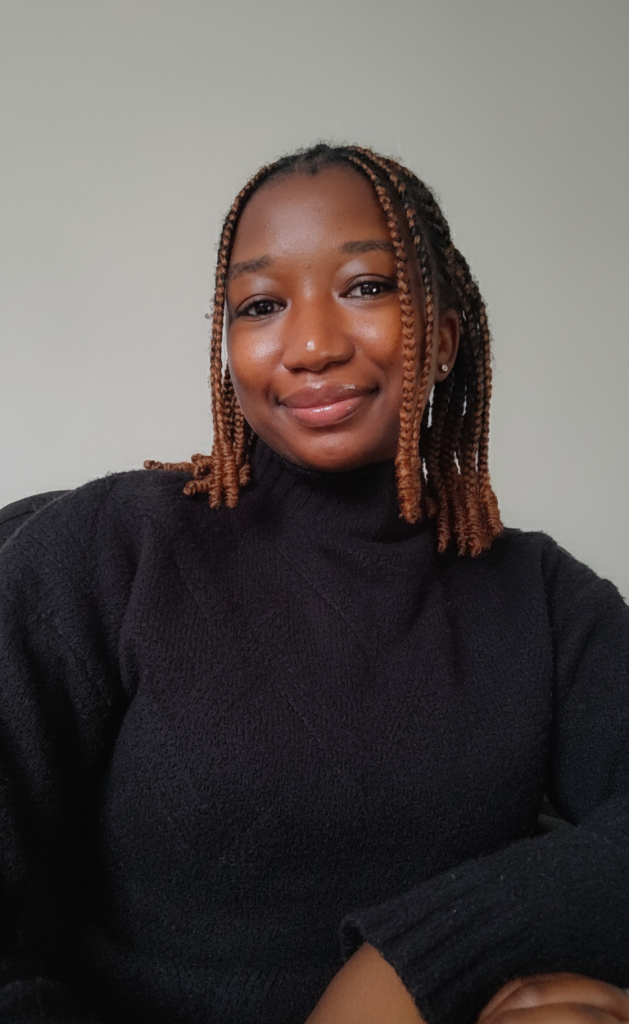
My name is Ruth Titus Sum, but I would love to be called Summie — not because of anything grand, but because it means “beloved.” I live in Abuja, where by day I help bring other people’s dreams to life, and by night, I retreat into my own quiet world. I listen for what others might overlook, a glance, a half-spoken thought, a lingering melody. Writing lets me gather these small, fragile moments and hold them close, turning them over gently to see what they reveal. Each word carries a piece of me, not as a finished story, but as part of a tender, ongoing transformation. For me, writing is both a home and a mirror. A place where I return to myself, again and again.
Because great writing shouldn’t be hard to find. Subscribe to get the best reads in your inbox.

